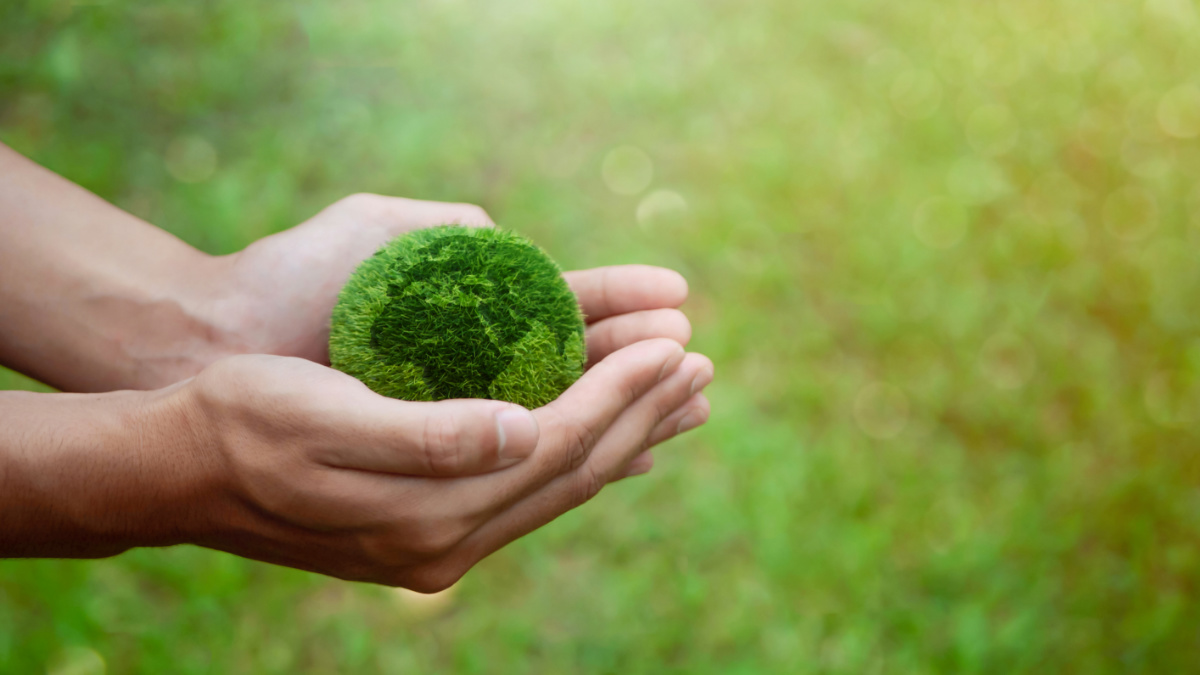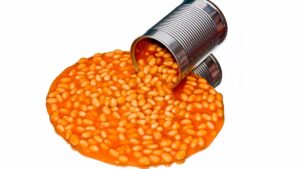ASX firms driving decarbonisation – Part 1

Several ASX companies are focused on decarbonisation tech and products Pic: Getty Images
- Decarbonisation has become a global priority in efforts to reduce global warming
- Zeotech is looking to decarbonise the cement industry with high reactivity metakaolin
- Sparc Technologies has a joint venture with Fortescue and University of Adelaide to produce green hydrogen
From decarbonising the cement industry to helping household reduce waste going to landfill, several ASX companies are actively focused on reducing carbon dioxide (CO2) emissions.
Decarbonisation, which refers to the removal or reduction of CO2 output into the atmosphere, has become a global priority due to its critical role in limiting global warming.
Efforts to reduce CO2 emissions have largely been driven by the 2015 Paris Agreement, an international treaty on climate change which set ambitious goals to limit global temperature increases to below 2°C above pre-industrial levels, and with an aspiration to keep it to 1.5°C.
The United Nations Climate Change says that to limit global warming to 1.5°C, greenhouse gas emissions, including CO2, must peak before 2025 at the latest and decline 43% by 2030.
While resources stocks are often the focus on discussions about decarbonisation there are also several ASX-listed companies that are at the forefront of developing technologies and products that are focused on reducing CO2 emissions, an area that is every bit as important as finding lithium, copper or other metal needed for the net zero transition. Here’s a few on our radar.
Zeotech (ASX:ZEO)
This emerging mineral processing technology company is looking to decarbonise the cement industry by providing a high-quality supplementary cementitious material (SCM).
And it looks like ZEO may be on the right track. Data from ZEO’s joint metakaolin testing program with CQUniversity, is proving that high-reactivity metakaolin (HRM) can be successfully produced from its Toondoon Kaolin profiles.
Furthermore, raw ore out of ZEO’s wholly owned Toondoon project in southern Queensland contains 80-90% pure kaolinite that underpins a simple flowsheet and potential competitive advantage due to the limited beneficiation required to produce HRM.
CEO Scott Burkhart told Stockhead HRM is in super high demand as an SCM because it can help substitute clinker in Portland cement.
“The material also has potential to partially or fully replace conventional SCMs such as fly ash and blast furnace slag that are increasing in cost, and forecast to decrease in availability,” he says.
“Fly ash and blast furnace slag are basically produced from coal fired power stations and steel manufacturing.
“They are also considered inferior to metakaolin which is more reactive and helps with binding concrete.”
Burkhart says Portland cement – the main binding agent in concrete – is primarily produced from clinker.
“Concrete, which is the most widely produced and used man-made material, comes from a mixture of Portland cement, aggregates, water and admixtures,” he says.
Burkhart says any reduction of the clinker-to-cement ratio means lower emissions and energy use with your garden variety Portland cement containing up to 95% clinker – the other 5% being gypsum.
“The other option is to partially replace the cement binder with metakaolin, which reduces the amount of cement and leads to lower carbon concrete,” he says.
Secos Group (ASX:SES)
SES produces and supplies its trademarked certified compostable MyEcoBags to local councils and for sale via major retail stores so that households can hygienically and safely separate their food and organic waste into their green bins.
CEO Richard Tegoni told Stockhead MyEcoBags are proven to increase the amount of Food Organics and Garden Organics (FOGO) people put in their council green bins, reduce contamination, reduce plastic pollution, decrease CO2 emissions and lower costs for councils.
Tegoni says at the same time the increase in FOGO in council green bins provides more nutrient rich compost for farms, parks, sporting fields and gardens.
He says households that use compostable bags reduce organic waste sent to landfill by 30%.
“Every tonne of organic waste diverted from landfill saves 1.5m tonnes of CO2 from being omitted so by using compostable bags we reduce CO2 omissions by as much as 3 million tonnes per year,” he says.
Tegoni says furthermore, there is an important link between reducing CO2 emissions and also reducing plastic waste.
“MyEcoBags are a direct replacement for plastic bags, so every time you use a MyEcoBag, that’s removing microplastics and other chemicals contaminating the environment for thousands of years.”
Sparc Technologies (ASX:SPN)
SPN, through its joint venture with Fortescue (ASX:FMG) and the University of Adelaide, is developing a novel technology which uses a process called photocatalysis (as opposed to electrolysis) to produce green hydrogen.
SPN managing director Nick O’Loughlin told Stockhead the joint venture known as Sparc Hydrogen is now in its third year and de-couples the linkage between power prices and green hydrogen costs.
“Sparc Hydrogen holds significant potential to deliver the step change required to make low-cost green hydrogen a reality and in turn reduce carbon emissions,” he says.
With Federal Government grant funding assistance, Sparc Hydrogen successfully demonstrated its PWS reactor technology in a prototype at the CSIRO Energy Centre in Newcastle, New South Wales.
The PWS reactor uses sunlight to directly split water into hydrogen and oxygen, which in turn allows for the green hydrogen to be used as fuel.
Sparc Hydrogen is also looking to develop a global first-of-its-kind pilot plant at the University of Adelaide’s Roseworthy campus demonstrating its technology during the second half of 2024.
In June SPN announced Sparc Hydrogen had progressed several key work streams that de-risk development of the pilot plant, including signing a collaboration framework agreement with Shinshu University in Japan, a leading developer of photocatalyst materials, targeting pilot testing.
“Our mission is to develop technology solutions that will contribute to and benefit from the global shift to decarbonisation and enhanced sustainability, which is quite unique in the listed space in Australia but less so globally,” O’Loughlin says.
At Stockhead, we tell it like it is. While Zeotech and Secos Group are Stockhead advertisers, they did not sponsor this article.
Related Topics
UNLOCK INSIGHTS
Discover the untold stories of emerging ASX stocks.
Daily news and expert analysis, it's free to subscribe.
By proceeding, you confirm you understand that we handle personal information in accordance with our Privacy Policy.








